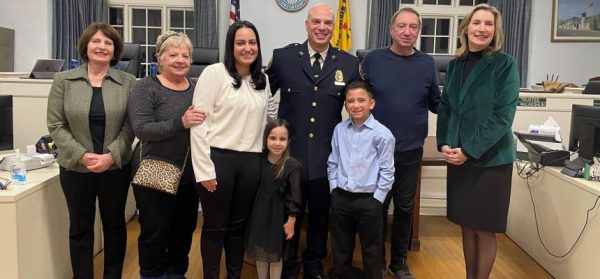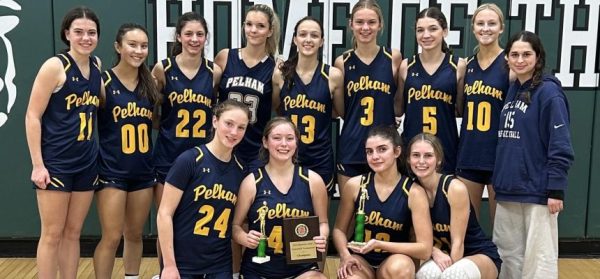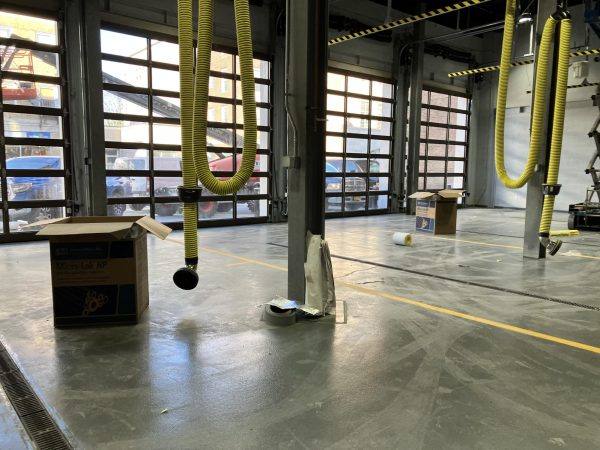PMHS senior Olivia Pollock takes first place at national science symposium

Editor’s note: This press release was provided by Finn Partners. The Pelham Examiner publishes press releases in the form received as a service to the community.
Last week, over 220 students from across the country and Department of Defense-supported schools around the world came to Albuquerque to compete in the 60th annual National Junior Science and Humanities Symposium (JSHS).
Olivia Pollock, a student from Pelham Memorial High School, won first place in the environmental science oral presentations for their research on bioplastics, biodegradable plastic derived from biological substances rather than from petroleum. Olivia was one of eight first place oral presentation winners from an initial pool of over 8,000 students, earning a $12,000 scholarship.
JSHS is a Tri-Services-supported science, technology, engineering and mathematics (STEM) competition for high school students administered by the National Science Teaching Association. Students conduct individual research projects in a variety of STEM disciplines, like environmental sciences and computer science & mathematics. Each year, regional finalists are invited to compete at the national competition where they present their research to judges, peers, and family and friends for national recognition and awards and scholarships.
Olivia Pollock, New York – Upstate, Pelham Memorial High School
Developing and Assessing Fucose-Based Water-Soluble Bioplastics
Since their invention decades ago, single-use plastics have shaped the way people live. However, in recent years, light has been shed on the dangers they pose to marine ecosystems due to released toxins. Despite the environmental hazards surrounding single-use plastic waste, there is little research regarding the development of water-soluble bioplastics from renewable sources to mitigate these effects. The purpose of this study was to develop water-soluble bioplastics from algae and other natural materials. This work expands upon previous methods of developing bioplastics, but the composition of the polymer itself is novel. It was hypothesized there would be a difference in the dissolution and pH alteration of the fucose-based products in comparison to previously developed PVA-based plastics. Four trials were performed, each with varying amounts of fucose by mass. Additionally, these trials were directly compared to previously studied polyvinyl alcohol-based plastics with different compositions of PVA by mass. Each product was tested in both freshwater and 3.5% saline media; pH level was recorded after each 24-hour interval. I found that the 90% fucose-based plastic dissolved the most with 63.24% dissolution; this was less than the 72.55% of the 90% PVA plastic’s dissolved mass. Chi-Square tests comparing the fucose and PVA plastics, showed no significant difference in the dissolutions. The PVA plastics did not significantly alter their freshwater environments’ while the fucose-based plastics significantly altered pH after both 24 and 48 hours of testing, as supported by P values of 0.0002 and 0.001, respectively.









Bob Shepherd • Apr 28, 2022 at 8:54 am
Huge congratulations to Olivia for fighting to make this tiny world a better place.
I hope that given their first place in a National competition that both the Pelham schools and Pelham community celebrate this awesome achievement by having a parade and placing a huge bill board in prominent locations within Pelham as they have done for regional sporting achievements of the past.